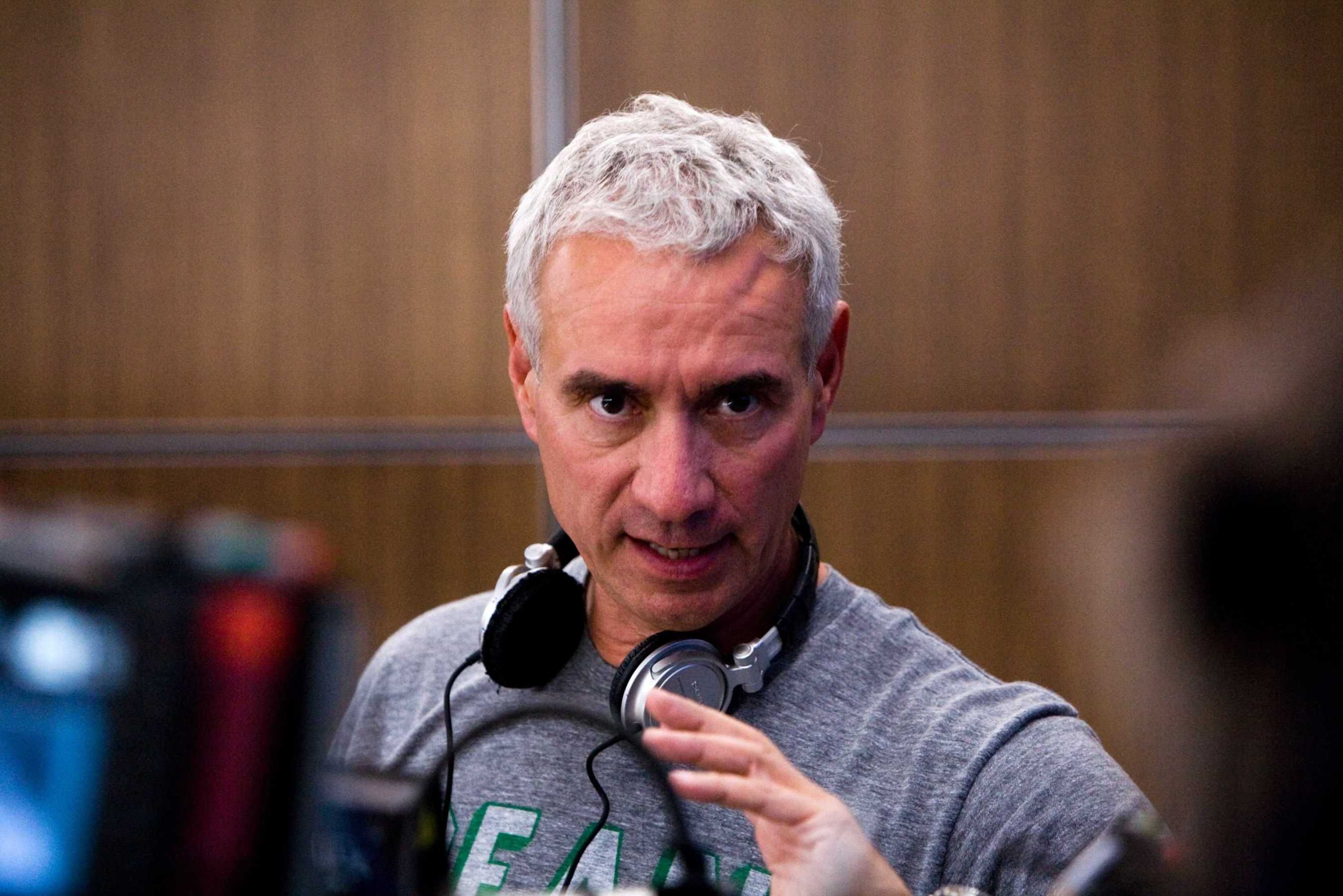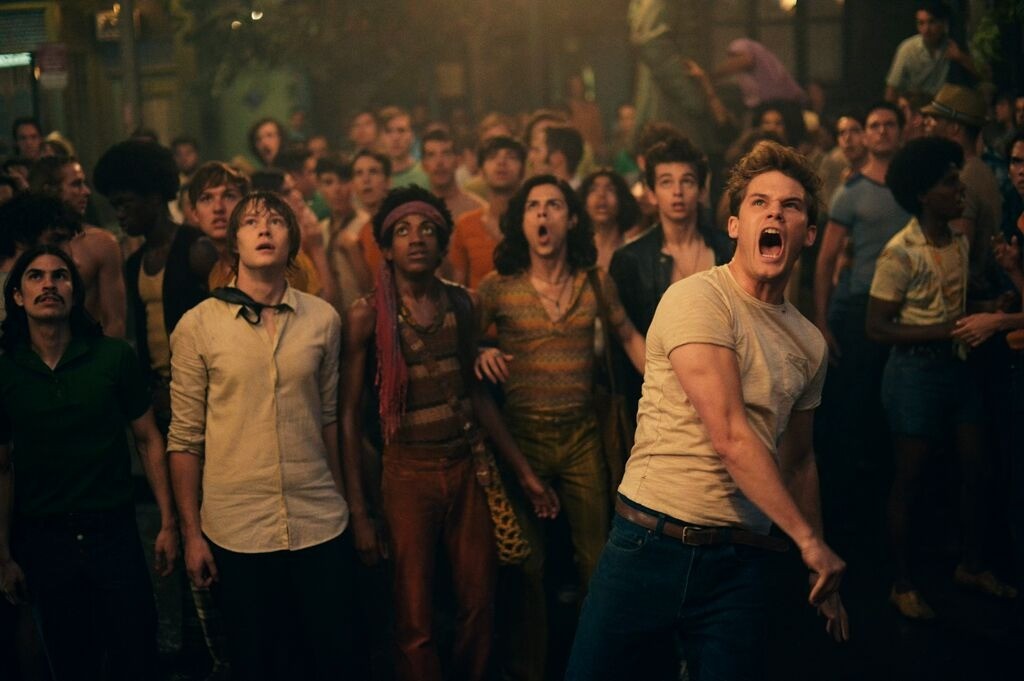Roland Emmerich defends Stonewall against whitewashing claims
By Will Stroude

Hollywood director Roland Emmerich has defended his passion project Stonewall against a tirade of angry social media posts, with viewers accusing him of whitewashing history in the as-yet-unreleased film.
Scheduled for a September release, the film depicts the 1969 Stonewall riots in New York City, regarded as one of the most significant events in the modern gay rights movement, with a violent standoff been police and fed-up members of the LGBT community outside a Greenwich Village bar.
Just days ago the trailer for Stonewall was released online, but the out gay director of disaster blockbusters including Independence Day is probably hoping that the growing backlash will disappear by The Day After Tomorrow.

Among Stonewall’s growing criticism is an online petition, which has received over 13,000 signatures and calls for a boycott of the “newest whitewashed version of queer history”.
“It is time that black and brown transwomyn and drag queens are recognized for their efforts in the riots throughout the nation,” the petition reads.
“From the preview alone, we know that will not be happening. Majority of characters casted are white actors, cis men play the role of transwomyn, and folks who began the riots do not seem to be credited with such revolutionary acts (sic).”
Across social media, Emmerich has also been blasted for his script and casting choices, with the Twitter hashtag “#Boycottstonewallmovie coined for the production which has “already failed,” according to one Tweeter.
Of all the #Stonewall movie problems, the one that bothers me most is Stormé being played by a white actress. pic.twitter.com/2QugeVvD8h
— Mary Emily O'Hara (@MaryEmilyOHara) August 5, 2015
https://twitter.com/abbiewastaken/status/629602770690052100
https://twitter.com/calmdowncalx/status/629523787256627200
Faced with the unrest over the trailer, Emmerich took to social media to assure people the film pays appropriate respect to the real-life activists.
When I first learned about the Stonewall Riots… pic.twitter.com/KQmHcQ4Cun
— Roland Emmerich (@rolandemmerich) August 6, 2015
“When I first learned about the Stonewall Riots through my work with the Los Angeles Gay and Lesbian Center, I was struck that the circumstances that lead to LGBT youth homelessness today are pretty much the same as they were 45 years ago,” he said.
“The courageous actions of everyone who fought against injustice in 1969 inspired me to tell a compelling, fictionalised drama of those days centering on homeless LGBT youth, specifically a young midwestern gay man who is kicked out of his home for his sexuality and comes to New York, befriending the people who are actively involved in the events leading up to the riots and the riots themselves.
“I understand that following the release of our trailer there have been initial concerns about how this character’s involvement is portrayed, but when this film – which is truly a labor of love for me – finally comes to theaters, audiences will see that it deeply honors the real-life activists who were there – including Marsha P Johnson, Sylvia Rivera, and Ray Castro – and all the brave people who sparked the civil rights movement which continues to this day.
“We are all the same in our struggle for acceptance.”

One of the stars of the film, Jeremy Irvine, has come to the defense of Emmerich and the film. “To anyone with concerns about the diversity of the #StonewallMovie, I saw the movie for the first time last week and can assure you all that it represents almost every race and section of society that was so fundamental to one of the most important civil rights movements in living history,” he wrote on Facebook.
“Marsha P Johnson is a major part of the movie, and although first hand accounts of who threw the first brick in the riots vary wildly, it is a fictional black transvestite character played by the very talented Vladimir Alexis who pulls out the first brick in the riot scenes.
“My character is adopted by a group of street kids whilst sleeping rough in New York. In my opinion, the story is driven by the leader of this gang played by Jonny Beauchamp who gives an extraordinary performance as a Puerto Rican transvestite struggling to survive on the streets.
“Jonathan Rhys Meyers’ character represents the Mattachine Society, who were at the time a mostly white and middle class gay rights group who stood against violence and radicalism. I felt incredibly nervous taking on this role knowing how important the subject matter is to so many people but Roland Emmerich is one of the most sensitive and heartfelt directors I’ve worked with and I hope that, as an ensemble, we have not only done such an important story justice but also made a good movie as well.”
Words by TROY NANKERVIS.
